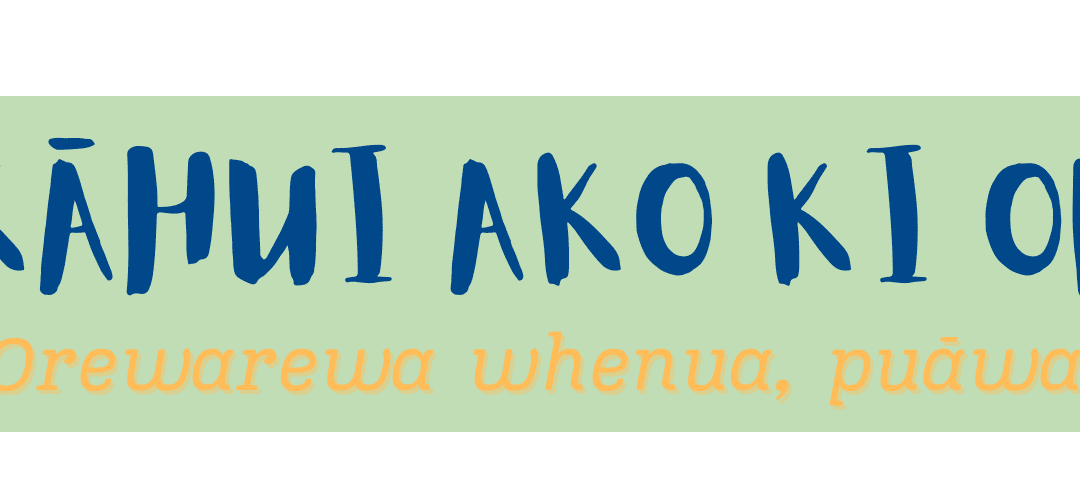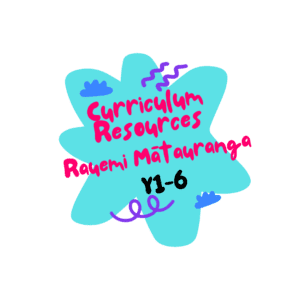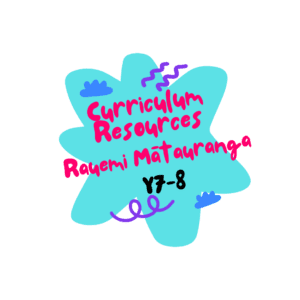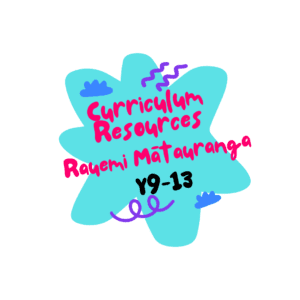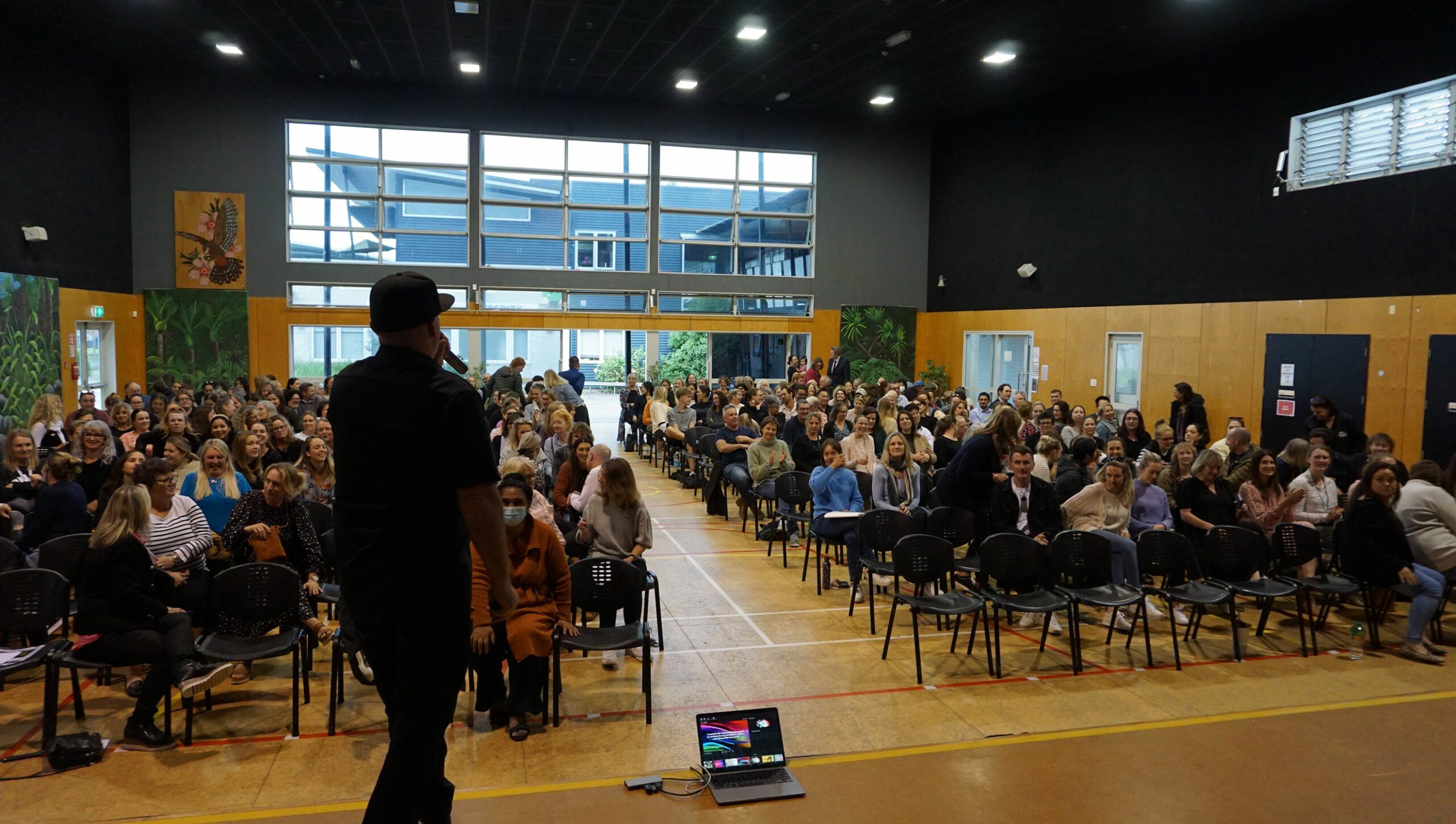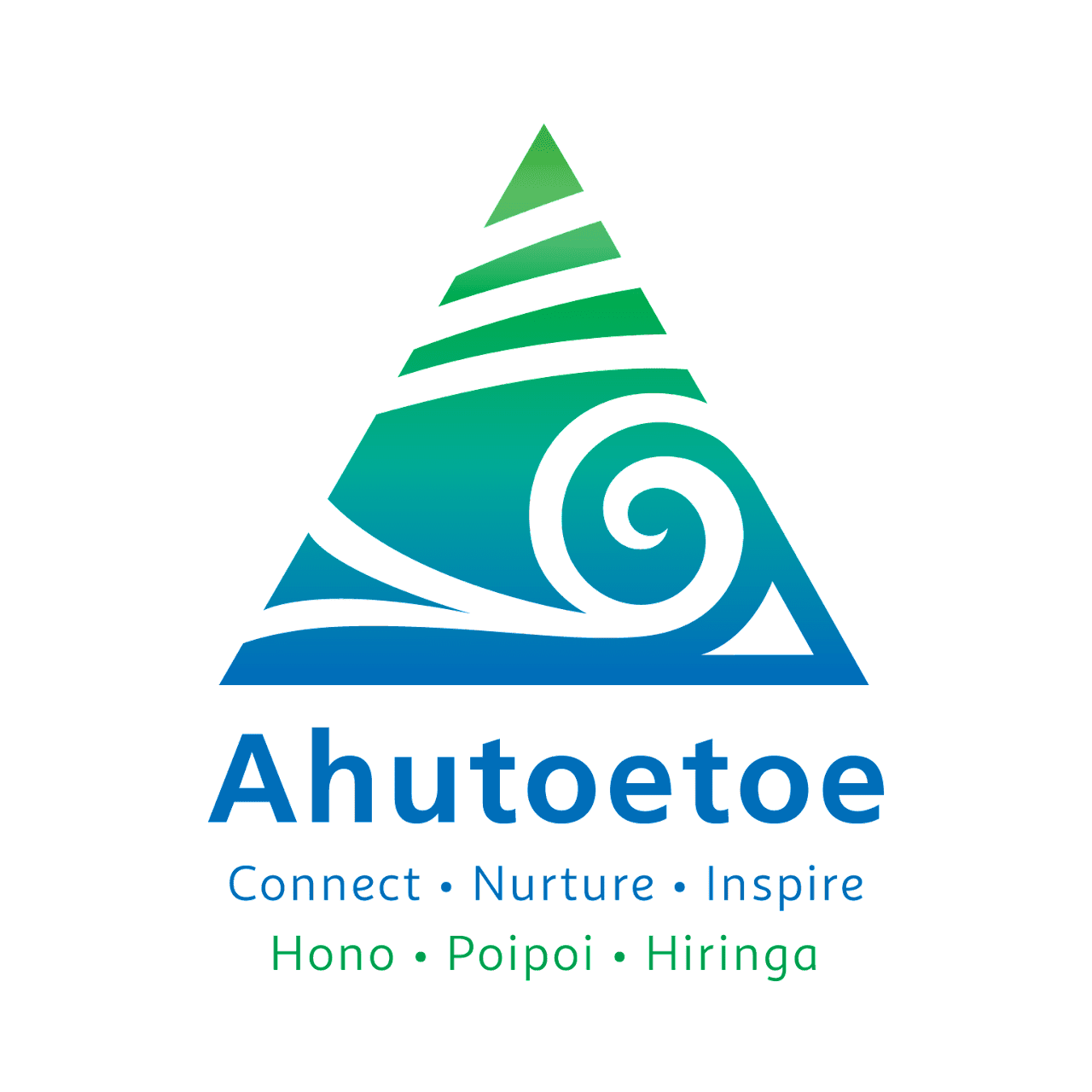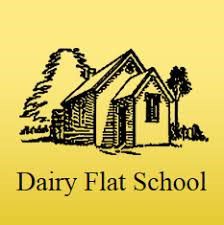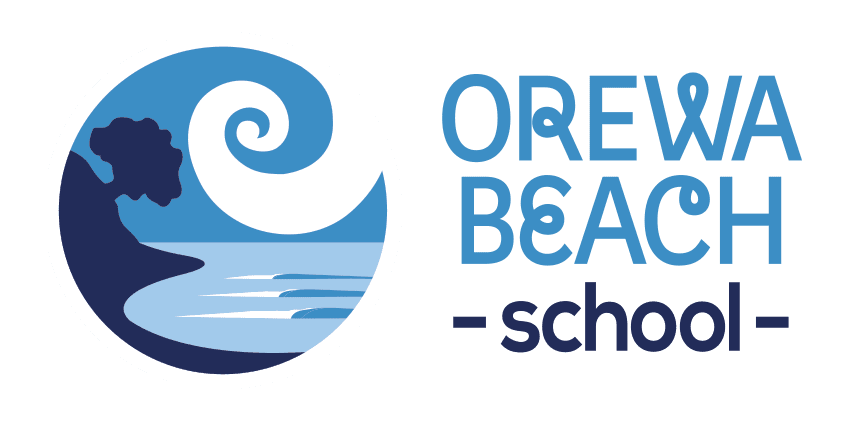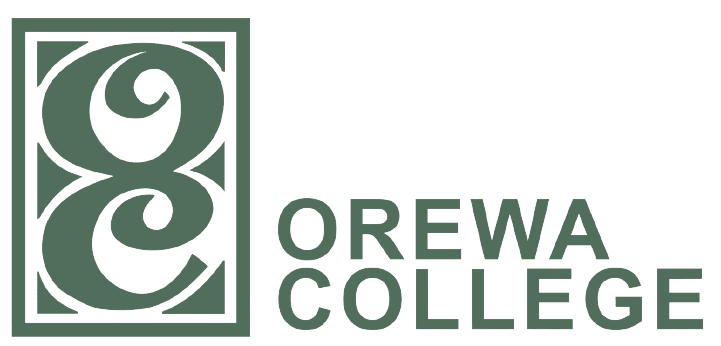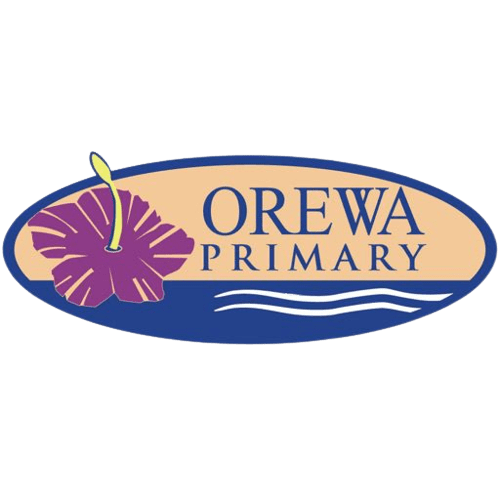Rāmere, te 1 Māhae 2024
Orewarewa whenua, puāwai māhuri
On the fertile ground of Orewa, the sapling blooms
Competition – Each week we will have a competition. One lucky winner will receive a $20 Millie’s Coffee voucher! It’s simple, just email your answer to [email protected]
Congratulations to Greydon Little this week’s winner!
This Week’s Voucher Entry can be made by submitting your feedback about our Kāhui Ako ki Orewa Newsletter. Click on the link below to submit your feedback.
Have something to share? Get in contact with one of our Across School Leaders – we would love to hear from you!
[email protected] Te ao Māori
[email protected] Hauora
[email protected] Future Ready
[email protected] 21st Century Learning
[email protected] Structured Literacy
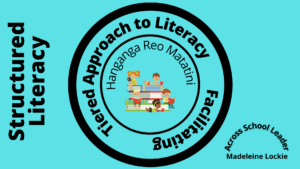
Structured Literacy Stems from the Science of Reading
The science of reading is a vast, interdisciplinary body of scientifically-based research about reading and issues related to reading and writing.
“This research has been conducted over the last five decades across the world, and it is derived from thousands of studies conducted in multiple languages. The science of reading has culminated in a preponderance of evidence to inform how proficient reading and writing develop; why some have difficulty; and how we can most effectively assess and teach and, therefore, improve student outcomes through prevention of and intervention for reading difficulties.” (The readingleague.org)
It is informed by many different fields including cognitive, developmental and educational psychology as well as linguistics, neuroscience and education.
We can’t ignore this research and have an amazing opportunity to enhance the educational outcomes for so many of our students as we adapt our practice to teach literacy explicitly and sequentially leaving nothing to chance.
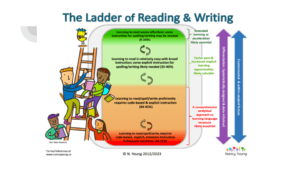
Through Structured Literacy approaches we can reach those students who are in the red and orange zone. For those of you with expertise in Structured Literacy already, help by sharing your knowledge and skills, and for those who are just beginning your journey keep an open mind and take even small steps to adapt your pedagogy.
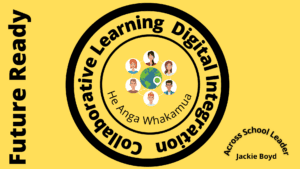
Hectors World – Netsafe Resources
Hector’s World is relaunching in April! Currently available for kaiako is a revamped digital kete for supporting kaiako to map their use of Hector’s World in their digital safety programme. These resources and supports have been in development and collaboration with kaiako from around the country. This is a great resource to work through in the first few terms of school and revisit as the year progresses.
To request your copy of the Planning Pack please email: education@netsafe.org.
With an everychanging world it is becoming more and more essential that we engage in digital safety, how to be safe online and what to do when you have concerns online. Students need to learn these skills from an early age and Hector’s World is a great way to engage students in videos and discussions.
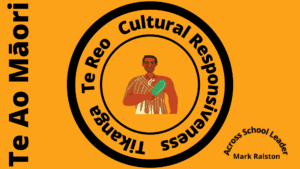
Pepeha for Pākehā/Tauiwi Adults
As we change over time, so does the way we see things. One aspect of te ao Māori that has seen a shift over recent years is in the area of pepeha for those of us who are not Māori. One thing to note at this stage is that when it comes to teaching our tamariki/children pepeha, you will need to follow your Māori leader’s advice at your kura as this is no doubt something they have considered and will be wanting to eventually implement as a kura, if not now, in the future.
A commonly held current view across the Māori world is that taking on a maunga/mountain, awa/river, moana/ocean etc… in a ‘template’ is no longer deemed appropriate. Before we go much further, this is not an excuse not to pepeha or to not teach pepeha but a chance to learn about these things in greater depth.
Māori see maunga/mountains, awa/rivers and moana/oceans tīpuna/ancestors that they can trace their ancestry/whakapapa back to. It’s more than a place you grew up by, a place you feel connected to, a place your great, great grandparents farmed. In some cases they are considered literal ancestors and are always part of a much deeper belief system. However this doesn’t mean that non-māori can’t reference maunga and awa that are of significance and importance.
We have compiled a range of different options that you could choose from to create something for you and that tells who you are in a culturally appropriate way. If you haven’t come across this before and want to refresh your pepeha, take a look at this slideshow and choose something that works for you. Again, these are not designed for our ākonga/students but for adults who want to do better.
If you’re unsure, check with the head of Māori at your kura for advice.
Pepeha Templates for Tauiwi/Pākehā
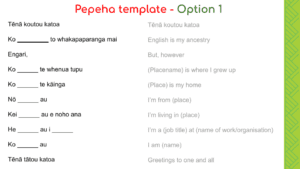
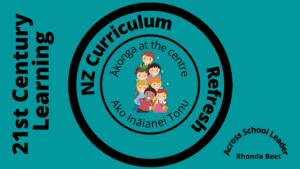
Te Tiriti Unit Plans
Ready for you to use to teach about the Treaty of Waitangi.
Teaching about Te Tiriti at the start of the year has it’s challenges. We are spending that time establising our classes and routines and getting to know our ākonga. However, we don’t have to teach about Te Tiriti in February or even in the first term. What we do need to do though, is honour the Treaty by ensuring we do find time to teach about it and what it means. It is more than reading the “Tree House Treaty or creating a class set or rules or expectations. A true treaty is an agreement between at least two parties and all those involved agree to and have obligations. Therefore in a class treaty shouldn’t there be expectations for not just the students but the teacher too?
Last year, the 21st Century Learning group developed four in depth unit plans based on the NZ Histories and Social Sciences Curriculum. You will find lots of links and practical activities to do with your class. If you do find these useful we’d love to know or see photos we can publish in future newsletters.
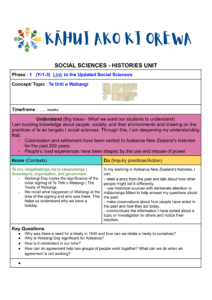
There are 4 units:
Phase 1 – Years 1-3
Phase 2 – Years 4-6
Phase 3 – Years 6-8
Phase 4 Years 7-8
You will find the unit plans on our Kahui Ako website or by clicking this link Te Tiriti Treaty of Waitangi Unit plans
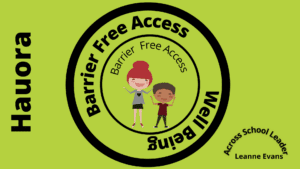
Amazing Hauora Opportunities for Families

Coastiville, brought to Orewa by the HBC Youth Hauora Network, is happening this Saturday at the Orewa Youth Centre, Orewa SkatePark and the Reserve.

Among the activities, there will be Skateboarding, Poi, roller skating, stand up paddleboarding, preloved clothing, marble paper making, and art. There will also be food trucks with delicious food, music and more.
Come along and bring your family or friends and hang out in Orewa at Coastival ‘24.

Kāhui Ako Hui Dates – Term 1 2024
Thursday 14th March – ASL @ Dairy Flat School – WSL @ Orewa College 3.30pm
Thursday 28th March – ASL @ Orewa Beach School – WSL @ Orewa College 3.30pm

